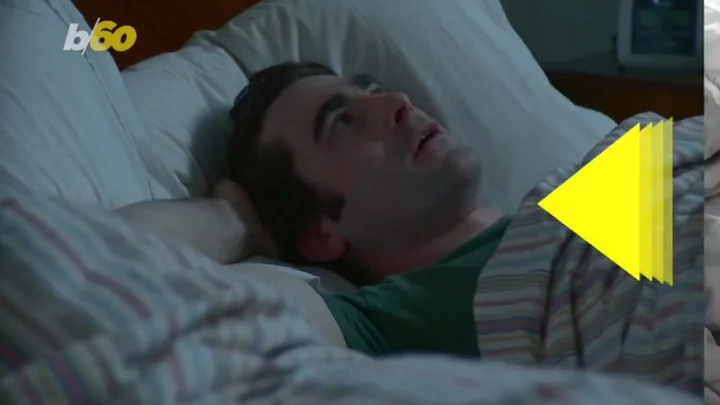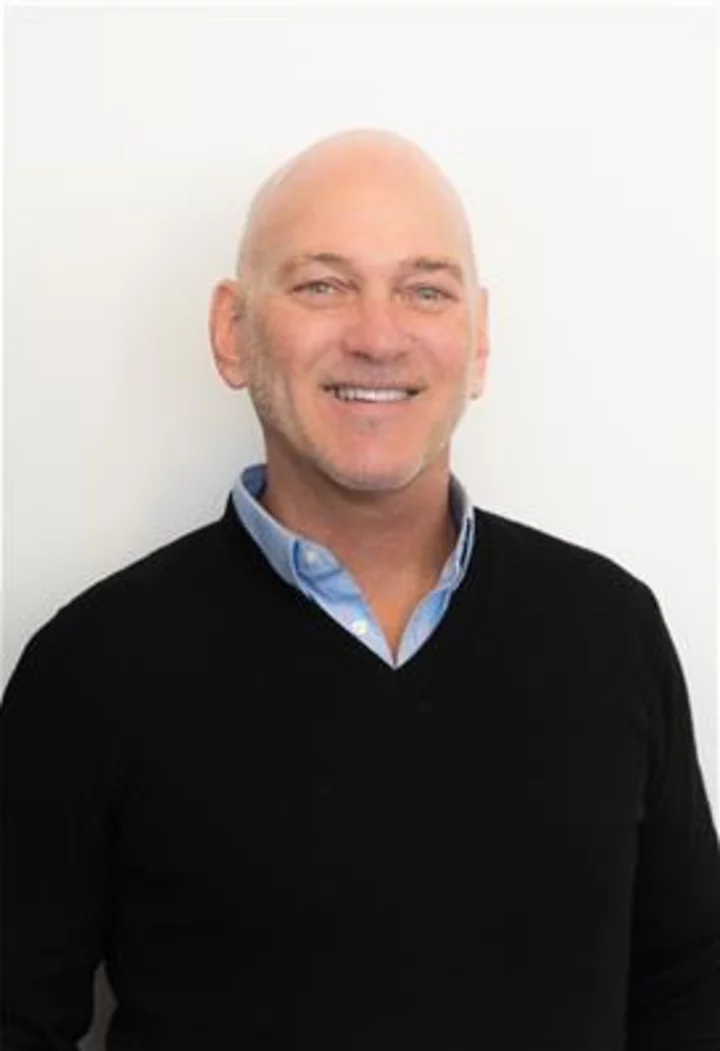Are your grandparents up very early in the morning, without fail? Well, it turns out there are scientific reasons why older people wake up earlier as they get older.
It’s been revealed that in later life, the natural process of ageing leads to changes in the times the body approaches sleep.
According to HuffPost, our approach towards resting and amount of sleep we require is down to both genetics and our age.
Cindy Lustig, who is a professor of psychology at the University of Michigan, said: “Like most of the things that change with age, there’s not just one reason, and they are all interconnected.”
Sign up to our free Indy100 weekly newsletter
It’s all to do with the brain becoming less responsive as people age to factors such as sunlight, social cues and physical activity which indicate where in the day we are at any given time.
“The wiring of the brain is likely not sensing... and responding to the inputs as well as it should because it’s an ageing brain,” Dr. Sairam Parthasarathy, the director of the Center for Sleep and Circadian Sciences at the University of Arizona Health Sciences, also told the publication.
“These are all what we call time givers, or they give time to the brain,” he said. In other words, they help the brain sense where it is in the 24-hour circadian cycle.
Younger people can more easily connect indicators like eating dinner with the idea of sleeping in the next few hours. However, that’s not as easy for older people to register naturally, especially as their vision tends to suffer in later life.
“Interestingly, one of [the reasons] seems to be that the vision changes that come with age reduce the intensity of the degree of light stimulation that our brain receives, which plays an important role in ‘setting’ our circadian clock and keeping it on track,” said Lustig.
Have your say in our news democracy. Click the upvote icon at the top of the page to help raise this article through the indy100 rankings.









